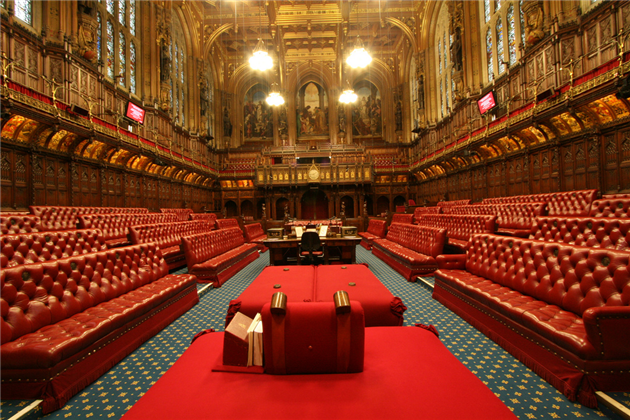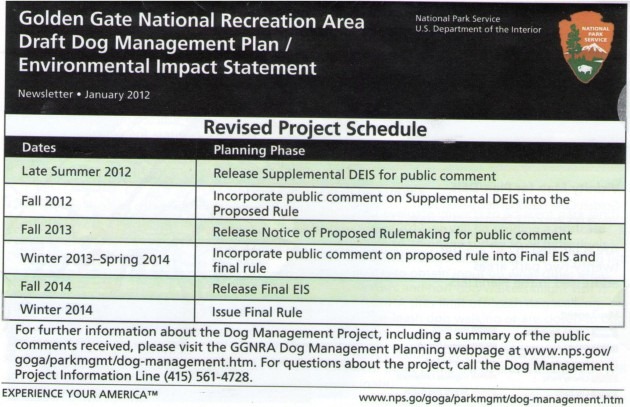Reviews and Links for June 2012
The Marriage Plot by Jeffrey Eugenides
3/5
A love triangle set in the turmoil of post-graduation. Well written but left me a little cold, I just didn't care for the characters or the sudden resolution.
Links
An important update from the International Earth Rotation Service http://t.co/n5VcLNH3 <- warning,="">
Seeing Beyond the Human Eye: Video of beautiful scientific and artistic photography http://t.co/aZsFEfh1
ITHCWY: Mission:Explore Food - Get It Now: I posted a few months ago about my brother's crowd funded book, Mission… http://t.co/1A2FEkHN
Kate's #MEF151 looks hard! http://t.co/Qo4N4weY #fb
Pyura Chilensis, the living rock http://t.co/54moGgML
Ghosts With Shit Jobs: http://t.co/CjDH5mz6 #fb
Google's Nexus 7 tablet image leaks onto the Web http://t.co/nuLji4zz via @CNET - holy crap that's a big bezel #io12
Robot Hand beats you at Rock-Paper-Scissors every time. http://t.co/W4K1zAeq (Robot hand crushes rock, robot hand crushes scissors...)
Moon Landing http://t.co/oHFSCowO
Patent 'trolls cost $29bn a year' http://t.co/VQRiKFtb
Facebook Just Changed Your Email Without Asking http://t.co/z9QRi3qP
#Bernal now has a Solar Pump http://t.co/e40lcNLY
House of Lords reform: Nick Clegg's crazy plan is a pay day for has-beens and never-wozzers via @Telegraph http://t.co/kDjbqTFh
Future of ATA = more dishes. Not that expensive. What about it @NancyPelosi ? #SETIcon http://t.co/uobbZ065
Meeting moons at #SETIcon http://t.co/MXykt1QK
RT @erinbiba: http://t.co/Ahh0IhXq - a directory of ways for YOU to participate in space exploration. (Build a rover, get your name on a ...
Is Jupiter helpful to life on Earth? In some ways yes, in some ways no. #SETIcon http://t.co/pG1U3mf3
http://t.co/mZWx5FIr Turing Suicide in doubt?
Gaia corollary: http://t.co/9lPllPbT #SETIcon (re global organism)
Intelligent life: it's all about the unknown unknowns #SETIcon http://t.co/Goo7ngUq
Gorgeous start to the second full day of #SETIcon 2. http://t.co/f0bbwW4V
Was God required for the Big Bang panel rather unfairly stacked 100% against God #SETIcon http://t.co/Keg164Vo
How to find aliens: advice from NASA, SETI and the EMH. #SETIcon http://t.co/HAHZrbv6
ITHCWY: SETIcon 2: I'm at SETIcon 2 this weekend. It's a mix of science, sci-fi, religion and general speculation… http://t.co/jifR8Ang
http://t.co/FZo6GzxJ #todo #SETIcon @myEN Kepler archives opening in October
Success of Kepler Mission is staggering. Discovering water worlds, planets everywhere. #SETIcon http://t.co/4EytfDks
On the cusp of routine spaceflight - at #SETIcon http://t.co/iUU6GgEz
I'm reading Mission:Explore Food on @graphicly! http://t.co/z0iqfQKJ
Far-Fetched Scams Separate the Gullible from Everyone Else http://t.co/M8SyoAvH
Scout: get notified every time Congress proposes legislation with keywords you care about http://t.co/OlU04P45
Exoplanets http://t.co/CAu4C9v9 #fb
Falsehoods programmers believe about time - riff on the malleability of computer time http://t.co/sznLoFlH
JustAnswer Becomes http://t.co/U0xZtr5Z, Raises $25 Million Series A http://t.co/r5IQzmFZ via @techcrunch #PearldotcomLaunch
VatorNews - JustAnswer rebrands as Pearl, raises $25M http://t.co/MTveL1qB via @po_st #PearldotcomLaunch
http://t.co/U0xZtr5Z Has Professional Advice, for a Price http://t.co/RnyqID2G via @mashable #PearldotcomLaunch
Andy Kurtzig Raises $25M To Take Expert Services Online With http://t.co/U0xZtr5Z - http://t.co/PPFhu3q8 #PearldotcomLaunch
JustAnswer Becomes Pearl, Comes Out From Under the Radar http://t.co/5l3UTZ1M #PearldotcomLaunch
A Pearl (.com) Comes Out of http://t.co/LZa65dD3 http://t.co/tUhBuEhe via @HuffPostTech #PearldotcomLaunch
Customer Story - Dr. David Helps Nick Recover from Brain Hemorrhage: http://t.co/HK59IUw2 via @pearl.com #PearldotcomLaunch
RT @Pearldotcom: http://t.co/x1sGSaBc is now in beta, come check us out at http://t.co/ePbqZPiU! #PearldotcomLaunch
RT @MissionExplore: Mission:Explore Food – Video yourself doing one of the missions from the book and get a free copy http://t.co/TpkoBOaY
ITHCWY: Near-plurality of idiocy: "In the 30 years since Gallup started asking people whether they believe humans… http://t.co/9f5FoX9Z
BBC News - Alan Turing: why the tech world's hero should be a household name http://t.co/5eqmNyXY
ITHCWY: Petrol & Marks & Spencer: I recently got back from a trip back to the UK. Every time I go back these days… http://t.co/cV0N8tY7
+1 Error Code 451: an HTTP error for censorship http://t.co/OoA942o8
#todo @myEN Mobile-Friendly Pet Locator PetHub Closes $1.3 Million Seed Round http://t.co/DtkMMSoj
Bridge birthday thing... http://t.co/bBEc7TiC
Brrrr-earnal http://t.co/dD4FiXrv
Defensive Patent License: judo for patent-trolls http://t.co/h6Eq82kr
3 of 5 stars to The Marriage Plot by Jeffrey Eugenides http://t.co/aJwE7cIz
Check out this presentation : How to stop sucking and be awesome instead http://t.co/fqW1ZTG5 via @slideshare
Transit of Venus AND Sutro Tower Serendipitously Photographed from Bernal Hill http://t.co/bZAogCf8
Office has laid on EURO 2012 coverage. http://t.co/8dDStstW
Ridiculously nice walk with Rudy. http://t.co/u6E9H1Gg
ITHCWY: Playmobil http://t.co/bIuMirqh






